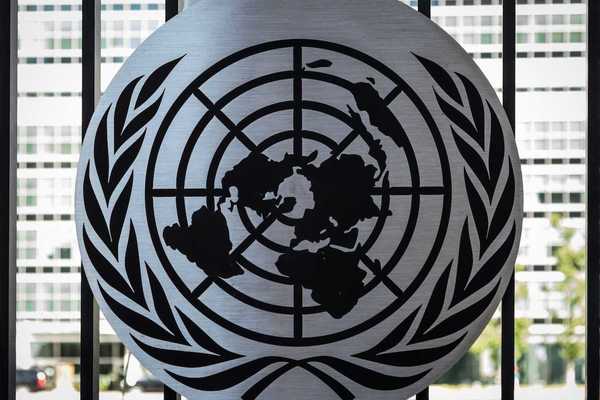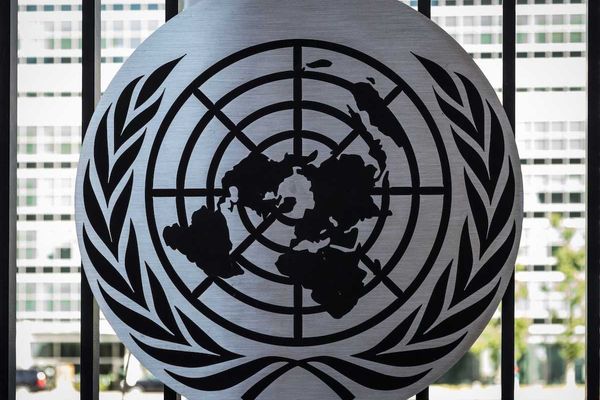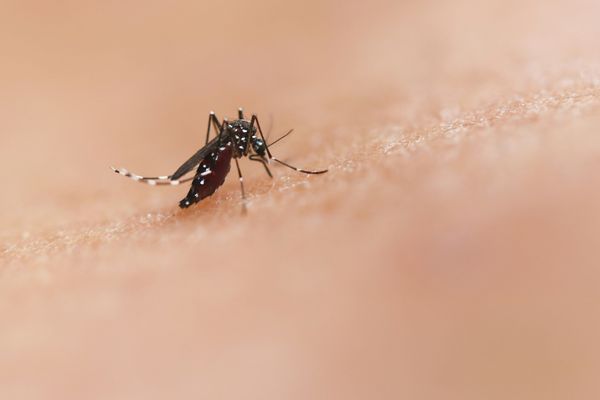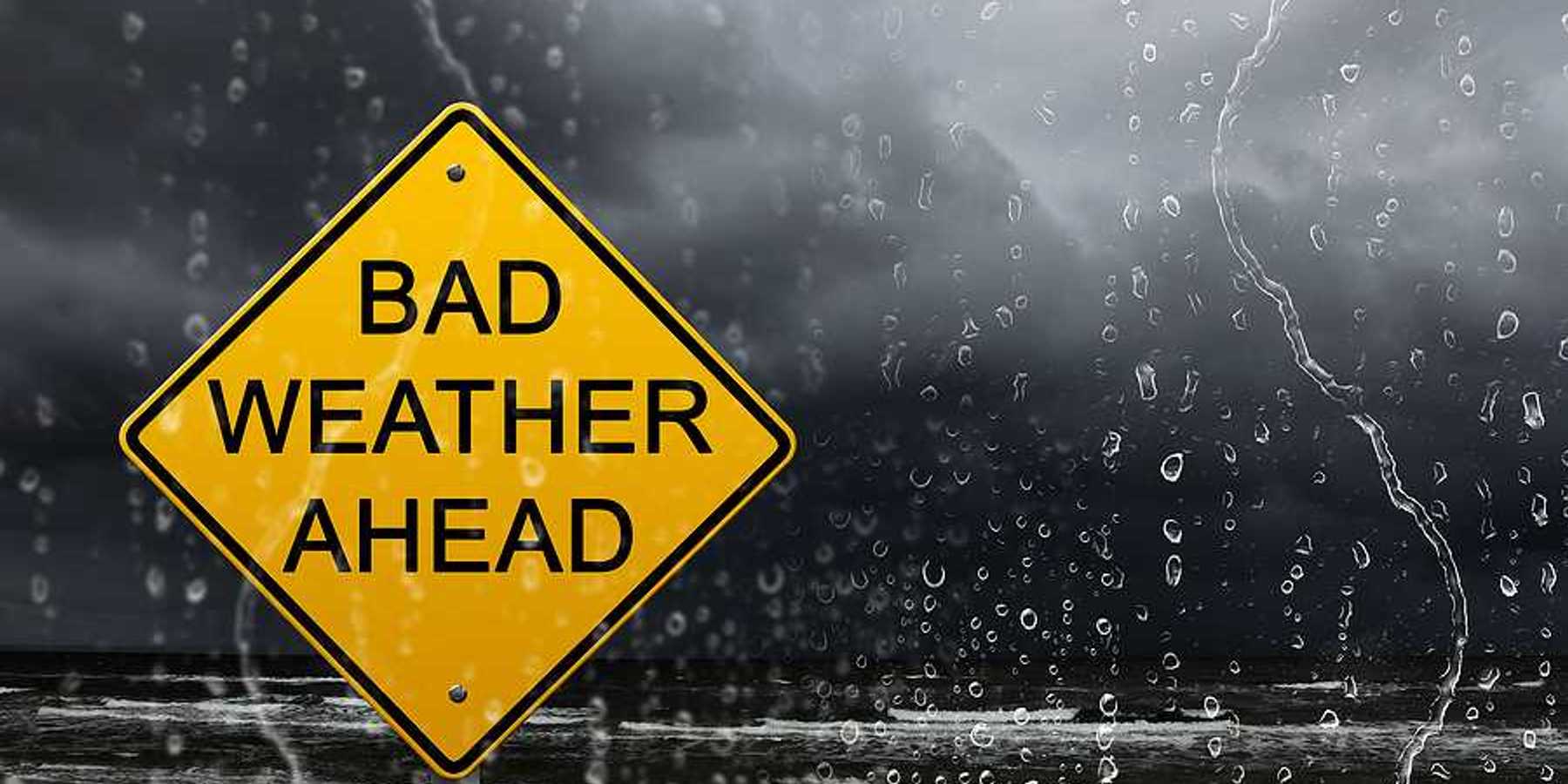sustainable health care
Photo credit: Photo by Bernd 📷 Dittrich on Unsplash
Trump formally withdraws US from World Health Organization
Trump justified withdrawing from the health alliance formed in 1948 based on what he viewed as the “mishandling” of the coronavirus pandemic and a failure to adopt changes.
Photo credit: Karolina Grabowska For Unsplash+
Ultra-processed diets drive obesity and climate change — but solutions are within reach
Diets around the world dependent on ultra-processed foods and animal-based agriculture are driving obesity rates and climate change, but solutions exist that would bolster health, and save money and the planet, according to a new review.
Credit: Tedros Adhanom Ghebreyesus
World Health Organization leader isn’t giving up on US
Tedros Adhanom Ghebreyesus tells POLITICO President Donald Trump should reconsider quitting the UN’s health arm.
Top Story
Credit: National Institute of Allergy and Infectious Diseases/Unsplash
How climate change is making us sick
The recent discovery of mosquitoes in Iceland is just one way in which the climate crisis is creating health hazards. A new scientific report says these risks are unprecedented.
Credit: izmeda/BigStock Photo ID: 349738711
Bill Gates calls for a new direction in global climate fight that doesn’t make emissions top goal
Bill Gates thinks climate change is a serious problem but he thinks scientific innovation will curb it.
Newsletter
Credit: Zbynek Burival/Unsplash
Trump’s budget ax hits pediatric hospital’s microgrid plan
DOE canceled a $30 million grant for batteries that would keep a large California hospital operating during blackouts.
Top Story
Credit: Natanael Melchor/Unsplash
At least 170 US hospitals face major flood risk. Experts say Trump is making it worse
As a warming climate intensifies storms, KFF Health News has identified more than 170 U.S. hospitals at risk of significant and potentially dangerous flooding. Climate experts warn that the Trump administration’s cuts leave the nation less prepared.
ORIGINAL REPORTING
MOST POPULAR
CLIMATE
















